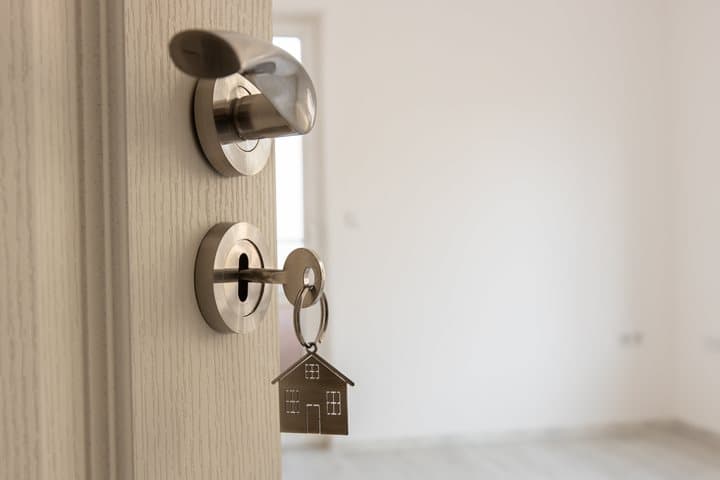What to Check When You Move into Your New Home
Moving day is always a busy day, but don’t forget to thoroughly inspect your new house before you unpack those boxes.

Moving day is always a busy day, but don’t forget to thoroughly inspect your new house before you unpack those boxes.

Compare moving quotes in 4 simple steps